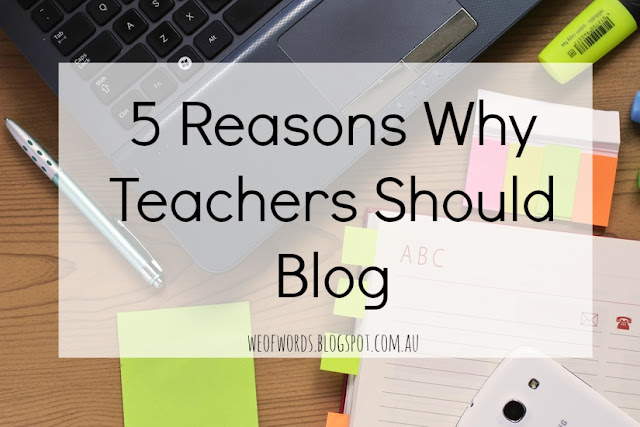I went to the ETAQ (English Teachers' Association of Qld.) Conference on Saturday 15th August. There was a huge turn out this year with about 350 in attendance. John Marsden was one of the keynote speakers and I guess he was the draw card. He had some interesting things to say about the way we teach creative writing. Here are some of the notes I made:
John Marsden – From A all the way to Zebra (Dr Seuss story)
He began by giving us a writing task: Write a description about going to the zoo without using the letter a
After 5 minutes he explained that the task was inspired by his English writing lessons as a child in Launceston. He felt these tasks were more like a dot to dot. All the vocab was on the board and they were expected to use it. He refused to use it – a challenge, a game …
Another task he was given as a child was to write an autobiography of an inanimate object – he hated the process. Didn’t feel like he ‘owned’ the process. He refused to use the words on the board.
He believes the aim of language teaching is to become ‘boss’ of the language. Young people should be encouraged to see language as infinitely malleable:
new words, new images, new life
If you’re prepared to tear up the rule book and experiment, you are making your writing infinitely more creative.
We should emphasise that there are no rules , but there are conventions. We need to teach the conventions so that we can then break them. Similar to the experience of a professional musician.
Every kid should be given a ‘poetic license’ – language belongs to them to do what they want with.
They should be encouraged to play with words, make up words.
E.g. “The room was ceiled with full fruit clusters” James Joyce, Ulysses
Show and share examples of language used adventurously.
Children are instinctively poetic – we make them fearful of breaking the rules, correcting them, laughing at them. For example, when a child describes an electric shock as, ‘You whipper snipped me,’ we laugh, correct or patronise them when we share the story within earshot. The child then internalises this and perceives this experimental and creative language use as wrong.
He shared an anecdote about an interview with George Negas – once he had been corrected, he took three takes to ask a question he was reprimanded about. Stumbled over: ‘How many um books have you um written?’
Fluency is the characteristic of high status speakers. You need fluency sometimes, especially as teachers
We program students to use language robotically ‘The sparkling, blue ocean…the soft, yellow sand…’
Our challenge as teachers is to have students tear up the rule book and start writing something fresh and new – zoo description task encourages us to break patterns.
Some practical examples:
List of adjectives (fluffy, pink, plastic, hairy, dead) and nouns (person, food, animal, thing…) on board – connect them to make weirdest combination possible (no rules)
Answer 3 questions and you have a story – ‘a pink wombat’
How did he become pink?
What’s the consequence of this?
How is this resolved?
The most powerful question you can ask for creative writing is ‘What if…?’
What if…?
What if…?
From a D to a B – most boring sentence possible.
E.g. We went to the beach then we had lunch and we went home.
That’s a D.
Identify all the verbs – they are dull. Verbs are the powerhouse of writing. They give writing energy. Change all the verbs. Circle all the nouns and pronouns. Name the people, places. Now you have a B.
Write about the death of an animal using words of four letters or fewer – helps them recognise the power of small words and breaks predictable patterns.
What are your favourite words? Sounds? Forget about meaning – assign them new meanings. Don’t tell me and write a story using the new meaning.
E.g. I went to the doctor to get my tenacious checked. He told me to take a couple of plops…
We’re going to write a ghost story – what features does a ghost story have? (characters, sounds, setting, structure)? Write it all on the board. Write me a ghost story without any of this…
The more limits you put on them, the better the writing becomes – challenge them and break predictable patterns.
In summary:
• Have fun with language. Encourage them to experiment. Share examples of language used adventurously.
• Challenge them – everyone loves a challenge
• Set limits – challenges them
• Break predictable patterns by setting limits


